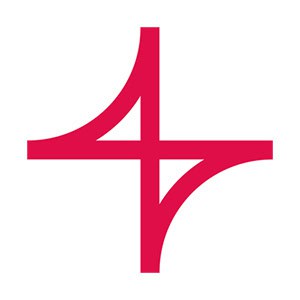One day, at the hands of someone else, you suffer an injury. Under Scots law you have a right to be compensated for that injury. Presently, if a personal injury claim has not settled due to liability being disputed or a low offer having been received from the third-party insurers, the next step for the injured party would be to raise a court action. However, Angela Grahame QC, Vice-Dean of the Faculty of Advocates, announced that as of spring 2017, an alternative option for resolving PI cases is coming to Scotland. That option is arbitration.
What is Arbitration?
In the simplest of terms an independent third party, being the Arbitrator, makes a legally binding decision on the dispute. The parties choose this form of dispute resolution instead of going to court.
According to Angela Grahame QC the idea behind arbitration is for parties to retain more control than ever before about how the dispute is resolved. For comparison purposes litigation could be described as a one size fits all, whereas arbitration is tailored to suit the individual needs of the parties.
What are the main advantages of arbitration over litigation?
Arguably, the main benefit of arbitration is the time involved in resolving the dispute. The court system is clogged up. For example, it is not unheard of to wait two years in the Court of Session for a proof diet longer than four days. Instead, in arbitration the process is fixed around the parties’ schedules.
The specialist PI Arbitrators will be from the personal injury ranks of the Faculty of Advocates. This means it will be someone with an expertise in PI who will be deciding matters, which is not always the case in litigation.
Another considerable benefit is the flexibility and ease to the parties. Parties can decide how they want the process to be for them, from the length of time it takes to the fees that are paid.
What are the other disadvantages of arbitration over litigation?
Arbitration is an elective process. All parties need to agree to going, which could prove difficult depending on the circumstances of the case.
Similarly, Angela Grahame QC noted there may be concerns about compelling non-parties or parties to do something. She also stated the rights of appeal with arbitration are limited, so “if you want to take your case to the Supreme Court, then arbitration may not be your preferred first option.”
Is arbitration a viable alternative?
It is a more flexible and bespoke option but, as with anything, has its advantages and disadvantages. Decisions of arbitrated cases are confidential and not law; therefore, they are not binding on future cases. This is either an advantage or disadvantage depending on your perspective. Ultimately, the choice between litigation and arbitration comes down the circumstances of each individual case – but even having that choice is undoubtedly a positive thing.
Jackson Boyd will watch with interest in the coming months to see whether personal injury practitioners embrace arbitration as a means of resolving claims.
Contact our Personal Injury Solicitors Glasgow
Jackson Boyd have a proven commitment to providing our customers with the best possible services and results, and have been helping people in disputes across Scotland for over twenty years. We specialise in dealing with contentious litigation in the areas of property law, road traffic law, personal injury, employment law and dispute resolution. In the last year alone, we have assisted over 12,000 people and secured millions of pounds in compensation. To speak to our team of highly experienced solicitors, get in touch today via our online contact form, or telephone us on 01412496903.





